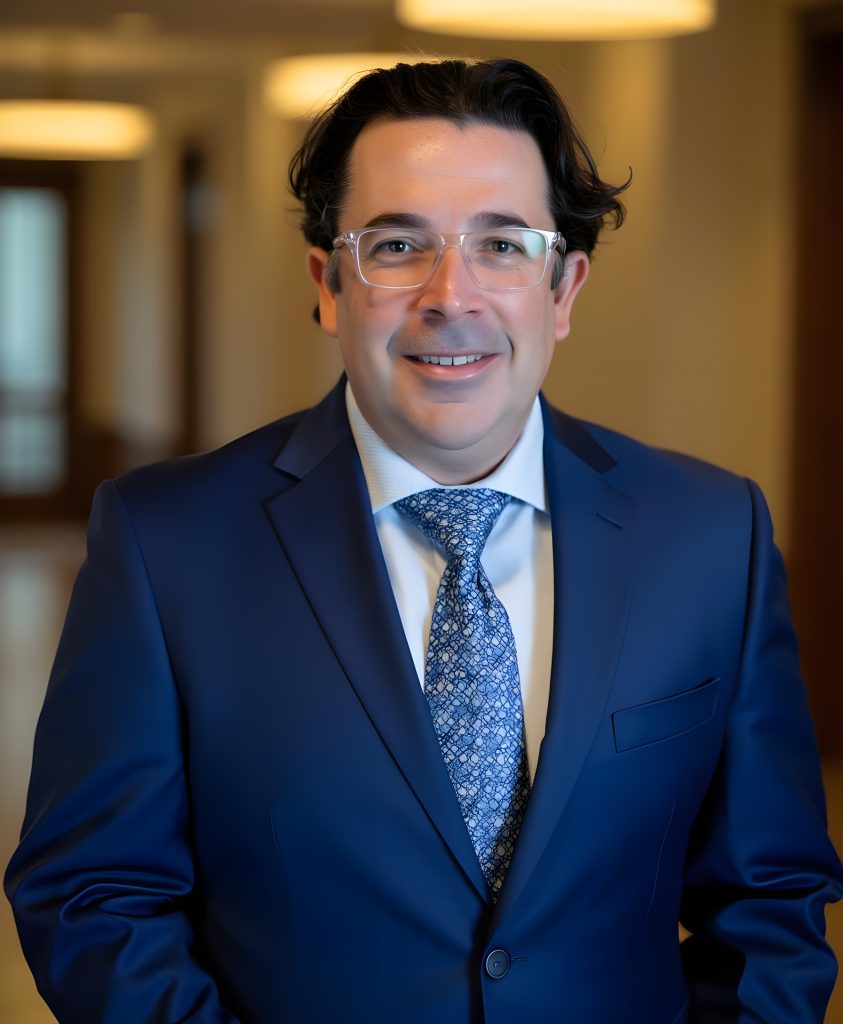Since 1993
Can a Florida Judge Prohibit Early Termination of Probation? The Answer is No.

It is a life-affirming moment when our Department of “Corrections” actually sees that a person has been “corrected.” When someone on probation has done everything right—completed their treatment, paid their dues—the system is designed to reward them with the possibility of ending their supervision early.
But what happens when the original sentencing judge tries to block this possibility from the very beginning by writing “No Early Termination Permitted” into your sentence? Is all hope lost? The answer, according to Florida’s appellate courts, is a resounding no.
Does Your Sentence Prohibit Early Termination in Orlando? This may be an illegal and unenforceable condition. Call my office to review your sentencing documents and discuss your right to earn an early release. Call John Guidry: (407) 423-1117
An Illegal Order: The Case of Hopps v. State
The case of Hopps v. State, (Fla. 2d DCA 2015, 2015 Fla. App. LEXIS 1599), illustrates this perfectly. Ms. Hopps was sentenced for a marijuana crime to prison followed by two years of drug offender probation. The judge added a special condition: “no early termination of probation.”
Ms. Hopps appealed, and the higher court struck down that condition as illegal.
The Legal Rule: A Judge Cannot Overstep Their Authority
The reasoning comes from a long line of cases, including Baker v. State, 619 So. 2d 411 (Fla. 2d DCA 1993), which held that “a trial judge is not authorized to divest the Department of Corrections of its authority to recommend early termination of probation.”
In plain English, the power to supervise you and recommend early termination belongs to the Department of Corrections (your probation officer). The power to grant that termination belongs to the judge who is presiding over your case in the future. A sentencing judge cannot reach into the future and tie the hands of the DOC or another judge.
A Philosophical Sidebar on Crime and Free Will
Albert Einstein did not believe that criminals were responsible for their actions, because his deterministic view held that humans do not have free will. He believed we are merely complex assemblies of matter interacting according to the laws of physics. “Human beings in their thinking, feeling and acting are not free but are as causally bound as the stars in their motions”. Thus, a criminal is destined to commit a crime, as he has no free will to act otherwise. As a practical matter, however, Einstein confessed that “I am compelled to act as if free will existed, because if I wish to live in a civilized society I must act responsibly . . . I know that philosophically a murderer is not responsible for his crime, but I prefer not to take tea with him.”
The Practical Reality: Overcoming Objections
Despite the clear case law, some judges (especially new ones) still try to impose this illegal “No ETP” condition. Furthermore, the DOC often has its own internal policies against recommending early termination for certain offenses, like those for sex offenders.
However, neither a judge’s illegal order nor a DOC policy can stop you. An experienced attorney can have the illegal condition stricken and can file a motion for early termination directly with the court, arguing it even over a probation officer’s objection. I’ve had judges grant these motions for clients, but it takes a well-argued case.
John’s Takeaways
- A “No Early Termination” condition in a Florida sentence is illegal and unenforceable.
- Appellate courts have consistently ruled that a sentencing judge cannot take away the Department of Corrections’ authority to recommend ETP or a future judge’s authority to grant it.
- This illegal condition can be challenged and struck down, as proven in the Hopps v. State case.
- Even if the DOC has an internal policy against recommending ETP for your charge, an attorney can still file a motion directly with the court and win.
- An attorney with a deep knowledge of this specific case law is essential to challenge an illegal sentence and fight for your right to earn an early release from supervision.
If you are facing a probation sentence in Orange, Seminole, Osceola, Lake, Brevard, or Volusia County, call my office. I have been navigating these exact post-sentencing issues and fighting for my clients’ rights since 1993.

About John Guidry II
John Guidry II is a seasoned criminal defense attorney and founder of the Law Firm of John P. Guidry II, P.A., located in downtown Orlando next to the Orange County Courthouse, where he has practiced for over 30 years. With more than three decades of experience defending clients throughout Central Florida since 1993, Guidry has successfully defended thousands of cases in Orange, Seminole, Osceola, Brevard, Lake, and Volusia counties. He has built a reputation for his strategic approach to criminal defense, focusing on pretrial motions and case dismissals rather than jury trials.
Guidry earned both his Juris Doctorate and Master of Business Administration from St. Louis University in 1993. He is a member of the Florida Bar and the Florida Association of Criminal Defense Lawyers. His practice encompasses the full spectrum of Florida state criminal charges, with a particular emphasis on achieving favorable outcomes through thorough pretrial preparation and motion practice.
Beyond the courtroom, Guidry is a prolific legal educator who has authored over 400 articles on criminal defense topics. He shares his legal expertise through his popular YouTube channel, Instagram, and TikTok accounts, where he has built a substantial following of people eager to learn about the law. His educational content breaks down complex legal concepts into accessible information for the general public.
When not practicing law, Guidry enjoys tennis and pickleball, and loves to travel. Drawing from his background as a former recording studio owner and music video producer in the Orlando area, he brings a creative perspective to his legal practice and continues to apply his passion for video production to his educational content.








